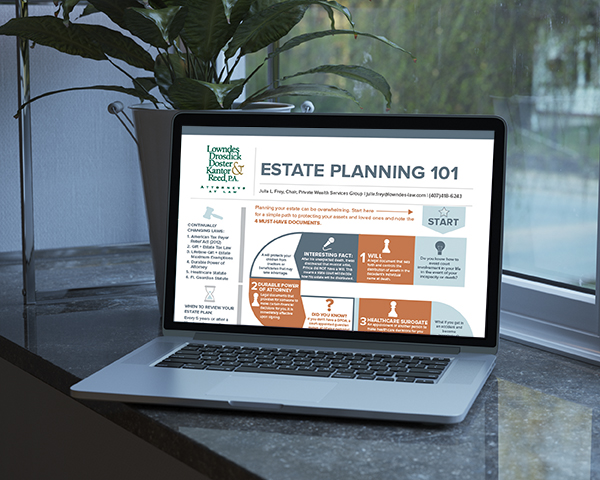 President Abraham Lincoln. Civil rights activist Martin Luther King, Jr. Rock guitarist Jimi Hendrix. Eccentric billionaire Howard Hughes. Singer/songwriter Bob Marley. NFL quarterback Steve McNair. Singer/songwriter Prince.
President Abraham Lincoln. Civil rights activist Martin Luther King, Jr. Rock guitarist Jimi Hendrix. Eccentric billionaire Howard Hughes. Singer/songwriter Bob Marley. NFL quarterback Steve McNair. Singer/songwriter Prince.
What do these famous people all have in common? They all died without a will, leaving behind a big mess and lots of family and court battles.
You might think it’s different for the famous, for those who hold a huge amount of assets in their own name. You probably have joint checking accounts, or beneficiaries named in various retirement, life insurance and other accounts. If so, you may not have a problem IF – and this is a BIG IF – the other joint owner or beneficiaries survive, remain in good health and sound mind, are not contentious, and nothing has changed or falls outside those parameters. Like I said, that’s a BIG IF.
Or perhaps you think you’re too young for a will. Prince was 57 when he died. Bob Marley and Steve McNair were both 36, the former dying of cancer, the latter murdered. You never know what curve balls life will toss your way. Or you might even believe that you’ve got a solid will, outlining your wishes; when was the last time you reviewed it? Families change, laws change.
If you don’t have a will, the Florida statutes and federal tax codes will decide what to do with your assets – and how much will be left after the state and the IRS and any attorneys divvy up their share. If you have a will but haven’t updated it in recent years, especially if you’ve been through a life-changing event such as a move, a divorce, birth or death, now is the time.
Click this button to view the 4 must-have estate planning documents and answers to some other frequently asked questions.


